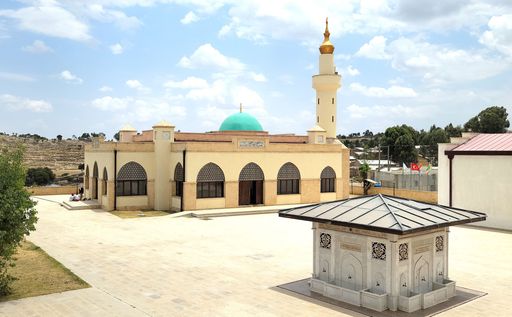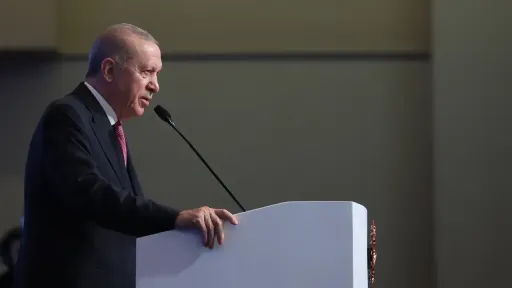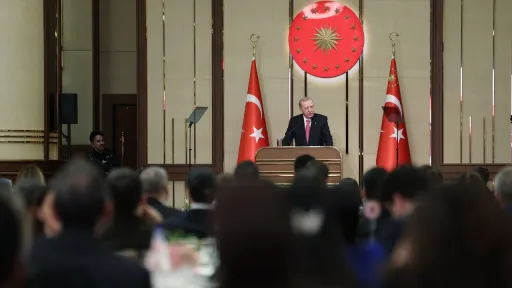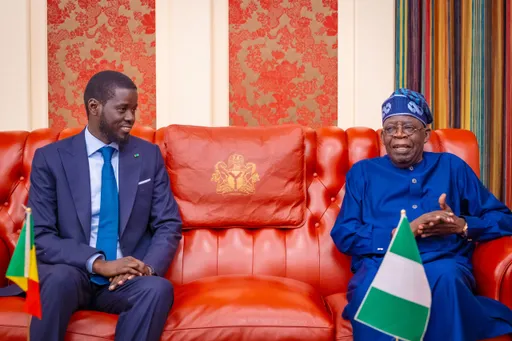Eritrea on Thursday dismissed an accusation by Ethiopia that it is preparing to launch a war as "provocative sabre-rattling" amid mounting tensions between the Horn of Africa neighbours.
Relations have been strained for several months, more than 30 years after Eritrea gained independence from Ethiopia following a decades-long armed struggle.
Ethiopia's foreign ministry sent a letter to UN Secretary General Antonio Guterres earlier this month accusing Asmara of colluding with a hardline faction of the opposition Tigray People’s Liberation Front (TPLF) to "wage war".
According to the letter signed by the foreign minister, the two have been "funding, mobilising and directing armed groups" in the Amhara region, where federal forces have battled rebels for several years.
"The intense propaganda campaign aimed at whipping up irredentist ambitions has been accompanied by provocative sabre-rattling," Eritrean Information Minister Yemane Ghebremeskel told AFP.
He condemned Addis Ababa's letter to the UN as a "deceitful charade".

In another letter dated Wednesday and received by AFP on Thursday, the TPLF said Ethiopia's accusations were "entirely unfounded".
"We are, however, deeply concerned that the federal government appears to be building a case for yet another war in the region based on unfounded allegations," the latest letter said.
Calls for AU mediation
It was also addressed to the UN secretary general and called for mediation by the African Union and the international community.
The party dismissed the letter by Addis Ababa as a "dangerous inversion of reality".
It is "an attempt to portray the aggressor as the victim and the victims as the aggressor", it said.
After Eritrea's independence in 1993, a bloody border war erupted between the two countries from 1998 to 2000, leaving tens of thousands dead.
Relations thawed in 2018 after Ethiopian Prime Minister Abiy Ahmed came to power and signed a peace deal with President Isaias Afwerki, who has ruled Eritrea with an iron fist since independence.
The peace agreement earned Abiy a Nobel Peace Prize in 2019.

Eritrean troops backed Ethiopian federal forces during the war in the northern Tigray region between 2020 and 2022, which left an estimated 600,000 people dead, according to the African Union.
Frosty relations
Since the conflict ended, relations have again turned frosty, with Asmara accusing its landlocked neighbour of eyeing the Assab port on the Red Sea in southeastern Eritrea.
Abiy has repeatedly reiterated his desire for Ethiopia to regain sea access, lost legally after Eritrea's independence.
Ghebremeskel accused Ethiopia of plotting to undermine Eritrea’s "hard-won independence and its sovereignty" by seeking renewed access to the port.
"For the last two years, the regime's policy mantra has revolved on acquiring sovereign access to the sea through legal means if possible, or military force if necessary," he said.
In June, a report by a US monitoring group accused Eritrea of rebuilding its army and destabilising its neighbours but Eritrea criticised the report and blamed "the new tension in the region" on Ethiopia.























